By Dave Butler
One Hundred Years of Solitude, The Great Gatsby, Moby Dick, War and Peace, The Catcher in the Rye, Pride and Prejudice.
What makes a great book title, a title that’s memorable and descriptive and might bring a wry smile or an inquisitive raised eyebrow to a potential reader reaching for it in a bookstore or library?
Early in my writing career, I heard that choosing the title of a book was as much art as science, as much human psychology as linear formula. My writing mentors (and editors and marketers at publishing companies) suggested that a title should be simple and short and not too esoteric, that it shouldn’t use controversial words or phrases, that it should be relevant to the genre in which it’s written, that it should weave a bit of mystery, and that deciding on the perfect title would take patience, time, and multiple iterations. That’s a tall order.
Book titles, they said, were for readers, not writers.
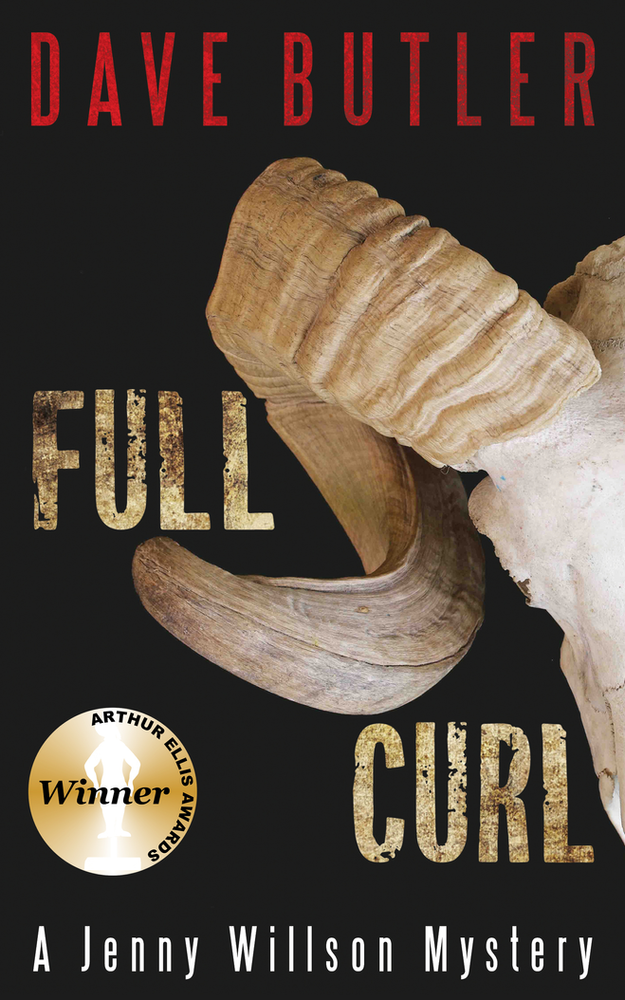
The title of my first book – Full Curl – comes from a phrase describing the horns of a mature bighorn sheep. A full curl bighorn ram is one where the horns complete a full circle from the top of the skull to the bridge of the nose. The title came to me almost immediately as I began the novel, and I realized as the story developed that it was also a fascinating and biologically relevant way to portray the arc of the plot. To a large degree, Jenny Willson started and finished at the same place. At the same time, like the ridges on a sheep’s horn that appear each year, she was in the end a very different person.
Choosing a title for the second in the series was not an easy process. In fact, I was part-way
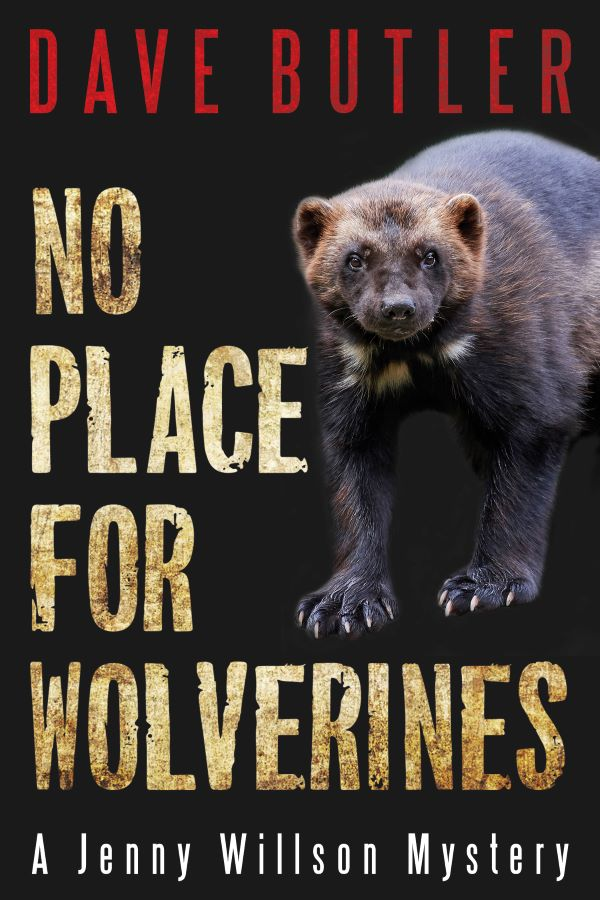
through the book, with no obvious title in sight (and despite urgings from at least one publisher’s representative to use words with two l’s), when the main character finally gave me the title. Jenny Willson was describing to a colleague how a remote wild valley would change forever if a ski resort was built there, and she said: “this will be no place for wolverines.” I literally leaned back in my chair, smiled, thanked her, and returned to the blank cover page to type her gift to me.
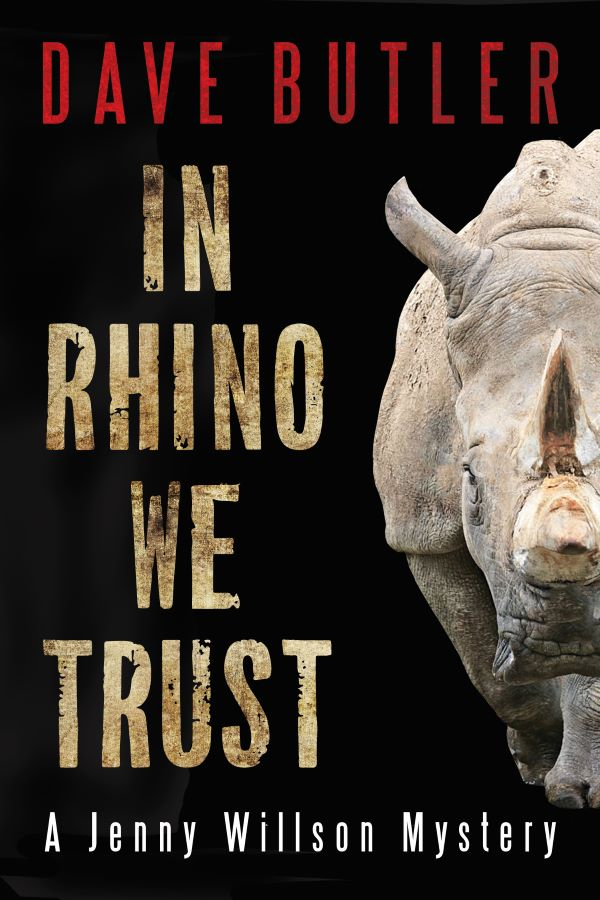
After I’d been to Namibia twice to write the third in the Jenny Willson series, I knew I needed ‘rhino’ in the title, and that I wanted to pay homage to the amazing conservation work being done by Namibia-based Save the Rhino Trust. In Rhino We Trust literally popped into my head on the plane back to Canada.
For my next two yet-to-be-published books, the process is certainly challenging and far from complete.
The working title for my first stand-alone novel is, for now, “Run, River, Run.” It’s been described by an early reviewer as The Da Vinci Code meets A River Runs Through It, and is a political eco-thriller about a cross-border water war. So, use of the word ‘run’ not only references a furious race by the protagonists to expose a shadowy plot to redirect major rivers, but hints at one of the primary plot points in the story – the ability of those rivers to run free to the sea. I’ll leave it there – no spoilers.
In the first in my new series featuring Ros du Raan, my working title is “View to a Kill.” It’s the
story of an undercover agent sent to a bear viewing lodge in Alaska. I recognize the danger that readers might confuse it with a 1985 James Bond spy flick with a similar name (or the movie’s theme song by Duran Duran … or the 1960 Ian Fleming short story on which the movie is based…) For now, it works. However, the book’s title when it finally appears on bookstore shelves might be very different. Time will tell.
As examples of great book titles, I offer those by my colleagues here at Free Range Writers.
Pam’s single word titles in the Sam Westin series – such as Endangered, Undercurrents,
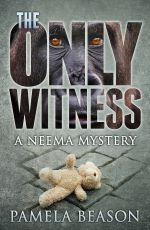
Borderland –are punchy and descriptive. In her Neema mystery series, The Only Witness, The Only Clue, The Only One Leftfollow a memorable theme that makes it easy for readers to know they’re in for another fascinating read from this talented writer.
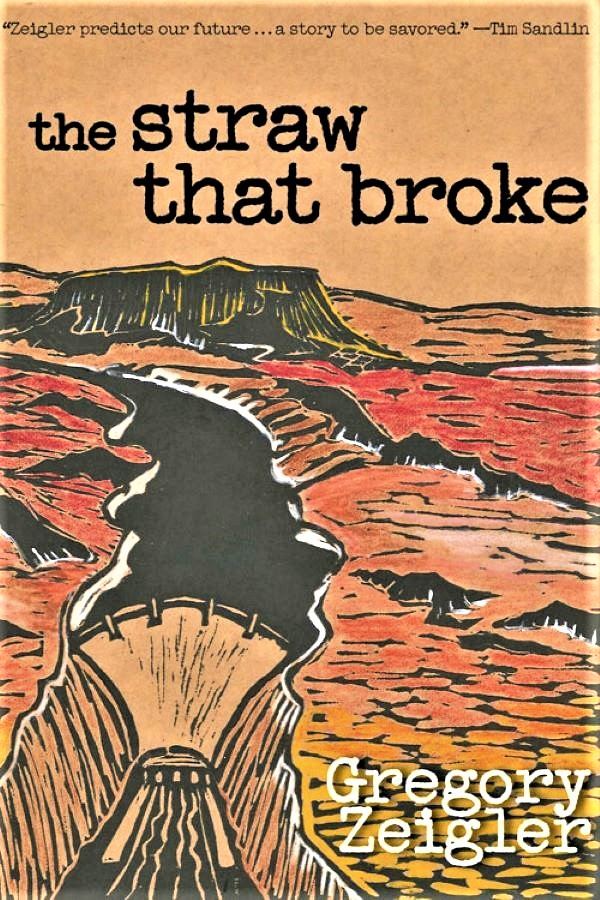
On the other hand, Greg’s novels Rare as Earth, Some Say Fire, The Straw that Brokeoffer titles that paint a hint of mystery and intrigue for potential readers. And yet, they link directly to the strong environmental plots that he weaves with so much skill.
The next time you pick up a book from a store or library, perhaps pause to ponder the process that led to the title.
Art? Science? Or the grey area in between?
